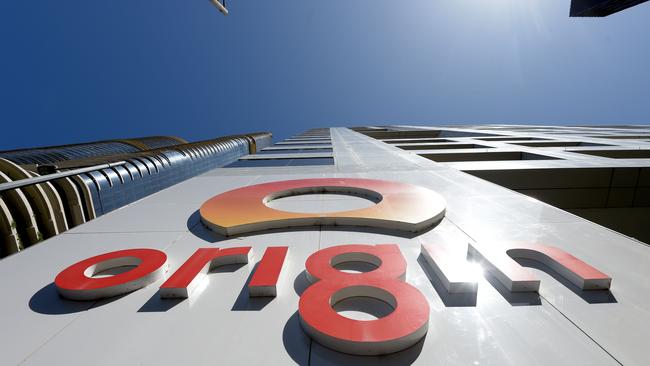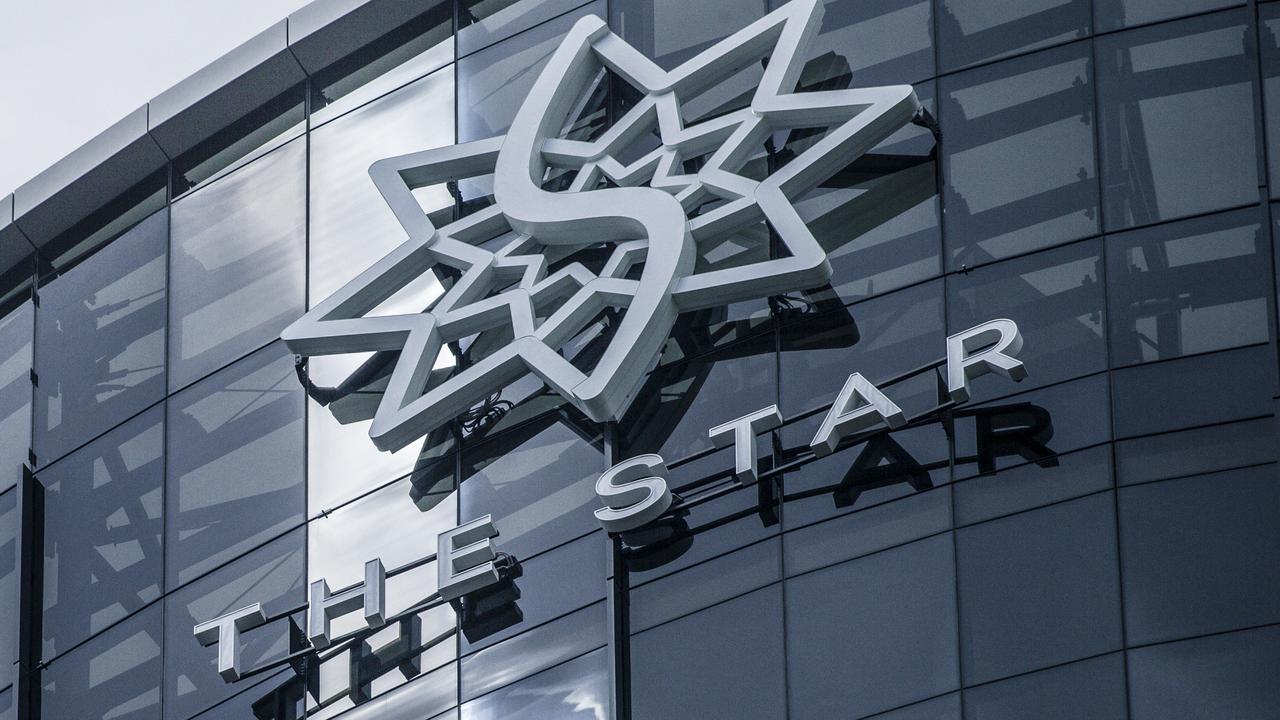
While expectations are that Brookfield and EIG may well deliver a reworked takeover bid to buy Origin Energy after shareholders rejected the $16bn offer in a vote, it’s understood that there won’t be any further action before Christmas.
Advisers are understood to have downed pens for now, and won’t be putting anything further to the board in 2023.
But should the share price fall in the new year, there’s an expectation by many in the market that the suitors will be back, with the target simply too attractive to walk away from without a fight.
It comes after shareholders with 74 per cent of the stock in the company turned out to vote on Brookfield and EIG’s $9.39-a-share offer, with 68.92 per cent voting in favour.
To succeed, there needs to be support from 75 per cent of the shares voted.
The argument from the Brookfield and EIG camp is while the deal was rejected, the majority of investors were in favour of the transaction, with AustralianSuper, which holds 17.5 per cent, a minority in its opposition towards the transaction.
Separately, the other question is whether Origin Energy starts exploring whether to sell APLNG, now that EIG has provided a reference price on the business.
A sale of APLNG has been up for discussion before in the past decade under former boss Grant King, when Origin looked to spin off the holding in a quest to lower its debt level, but opted for other asset sales instead.
Origin announced on November 23 that suitors had put an alternative offer to shareholders where if they voted against a buyout proposal, a takeover bid at $9.08 per share would be on offer, on the condition that it won 50.1 per cent of shareholders approval.
As part of that deal, shareholders would also vote on splitting the company, and the offer would involve a return of $5.25 a share from a sale of the Energy Markets unit to Brookfield.
The remaining part of the business – Origin’s stake in the Queensland’s APLNG upstream energy business – would be worth $3.83 per share through the takeover bid undertaken by EIG, equating to about $6.6bn.
To get the board’s ear, the bidders would likely need to lift the condition of the deal being subject to financing, clarify the cost of the tax leakage from asset sales and pay out dividends along the way, compensating shareholders for the time taken for the transaction to play out.
Most importantly, the money would need to be more, and some suggest the consortium may only need to lift its offer by about 10c to 15c a share, rather than offer the same amount that was on the table for the scheme of arrangement.
But all this, of course, assumes the current Origin Energy directors remain in their roles in 2024.
Some may opt to move on rather than work for AustralianSuper, which can call the shots due to its dominance on the register, and then there’s the possibility of the country’s largest super fund itself opting for a change, given its differing views on the company’s value to directors.
The stakes are high for all the advisers and private equity firms involved in the transaction, which will cost $60m on Origin Energy’s side alone, most of which will flow to investment banks.
Azure Minerals
It’s all quiet right now on SQM’s proposal to buy Azure Minerals, but that’s because the Chilean lithium powerhouse is waiting on approval to buy the business from the Foreign Investment Review Board.
That’s due to arrive before Christmas, say sources, and once that lands, the transaction will go unconditional.
The offer is $3.52 per share through a vote or $3.50 per share through a takeover, equating to a $1.6bn market value, but the share price is currently at $3.70 (shares fell more than 6 per cent on Monday).
On the face of it, it appears SQM needs to lift its offer to succeed.
But it’s an odd situation in that 85 per cent of the shares are owned by management and five shareholders, including SQM, Mark Creasy, German investor Wilhelm Zours and billionaires Chris Ellison and Gina Rinehart, the latter two of which are assumed to be against a buyout.
But if they all reach an impasse on the price, and the asset does not have the funding to be developed, this could force the share price lower over time, making the $3.50 a share takeover bid on the table compelling to some shareholders who just want out.




To join the conversation, please log in. Don't have an account? Register
Join the conversation, you are commenting as Logout